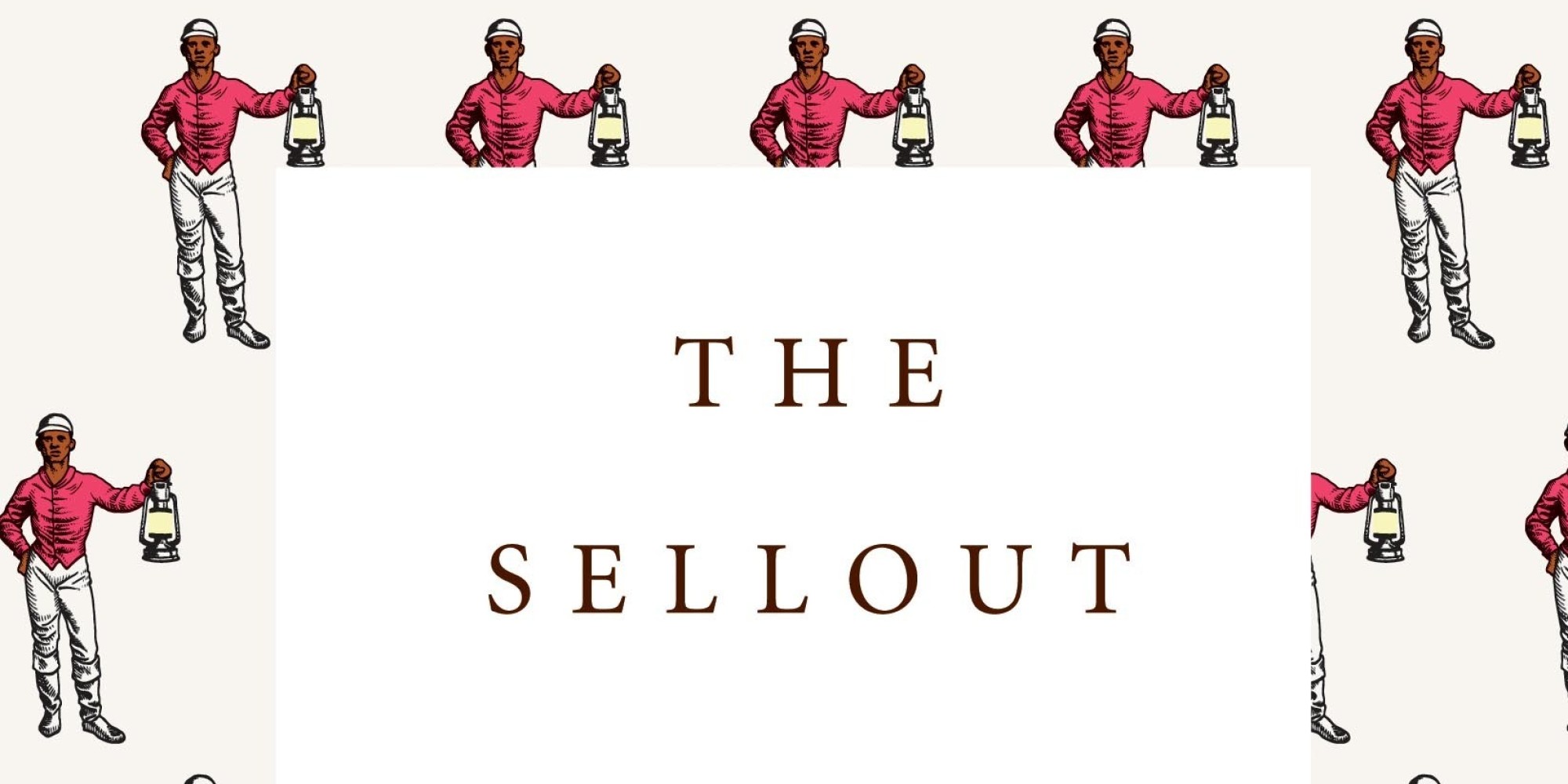“It’s illegal to yell ‘FIRE’ in a crowded theater, right?”
“It is”
“Well, I’ve whispered racism in a post-racial world”
It is very possible that there will never be a better time to read Paul Beatty’s The Sellout. Since America elected a crypto-fascist clown for president you might have asked yourself, more than a few times, how it was possible democracy could do this to us. A professional entertainer whose ascendancy to fame and fortune includes everything from reality TV and professional wrestling to conspiracy theory propagation and, now, rust belt populism is the most powerful man in the world. Everyone, even people who voted for the guy, probably even he himself, is trying to reconcile the sheer possibility that this could even happen. Well, enter Paul Beatty.
Beatty breaks out his war chest - irony, irreverence, allusion, and satire - to tell the unlikely tale of Bonbon; an inner-city African American farmer who proves that there is no transcending race or racial history in America. But Bonbon is no activist, he’s the sellout, the way he proves America is still a nation of white supremacy despite a black president is by segregating the local buses and schools, literally redlining the city in, and owning a slave. If you’re thinking to yourself that this seems too ridiculous or cartoonish, you’re not wrong, but Beatty isn’t banking on you being wrong. With every ridiculous undertaking Bonbon embarks on the idea that America can simply sweep centuries of oppression under the rug becomes the more ridiculous premise.
Bonbon’s motive for rubbing America’s nose in its egregious acts is not even a righteous one, it’s more simple; get Dickens back on the map. Dickens was his ‘hood’ in California and it was so gentrified and resettled by surrounding fancy neighborhoods that it eventually lost its name and standing as a city. The idea here is that America isn’t post-racial, it just hides its ghettos (I’ll likely never hear the words “Detroit is coming back”quite the same way). The racism comes naturally; people respect the segregation on the buss and in the schools (graduation rates are up/violent crime is down), the literal red line in the city give them a sense of spacial identity, and even slavery is amicable. The ease with which America can slip back into these institutions is proof that it hasn’t moved past race, was indeed designed to function on the very idea of racial supremacy. The resulting read is somehow both hilarious and eye opening.
Beatty employs satire at an important time. It is important to lampoon the idea that because we have a black president we are living in a post racial society. It is especially so, given that his predecessor has the full endorsement of the KKK and refused to rent property to black people. This ridiculous time calls for over the top examples and Beatty has the chops to do it. All the usual praise of the great satirists apply: he is biting, deep, funny, and rhythmic. Yet Beatty also rights with an essence that has been absent since Twain himself. America has potentially never needed a racial satirist more than in our coming age of Trump. Ditch your copy of Puddin’ Head Wilson or Huck Finn, pick up The Sellout now.


